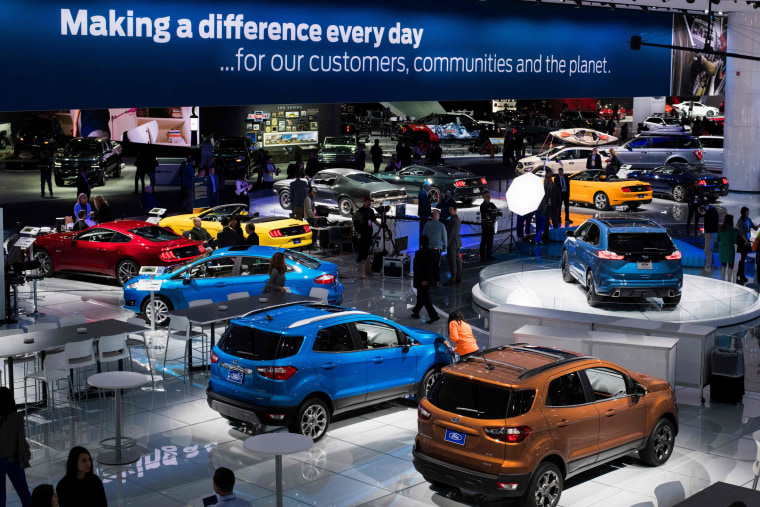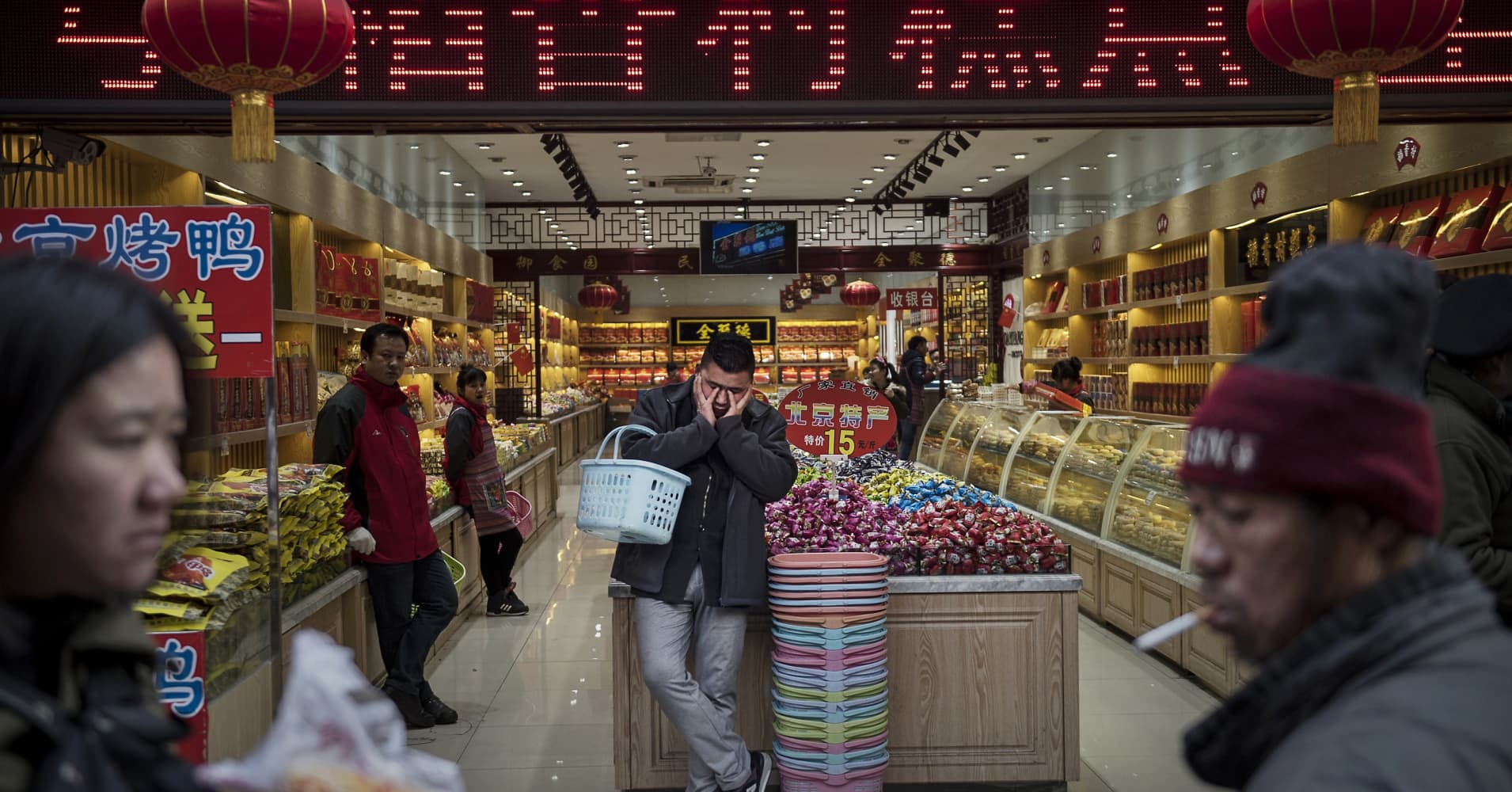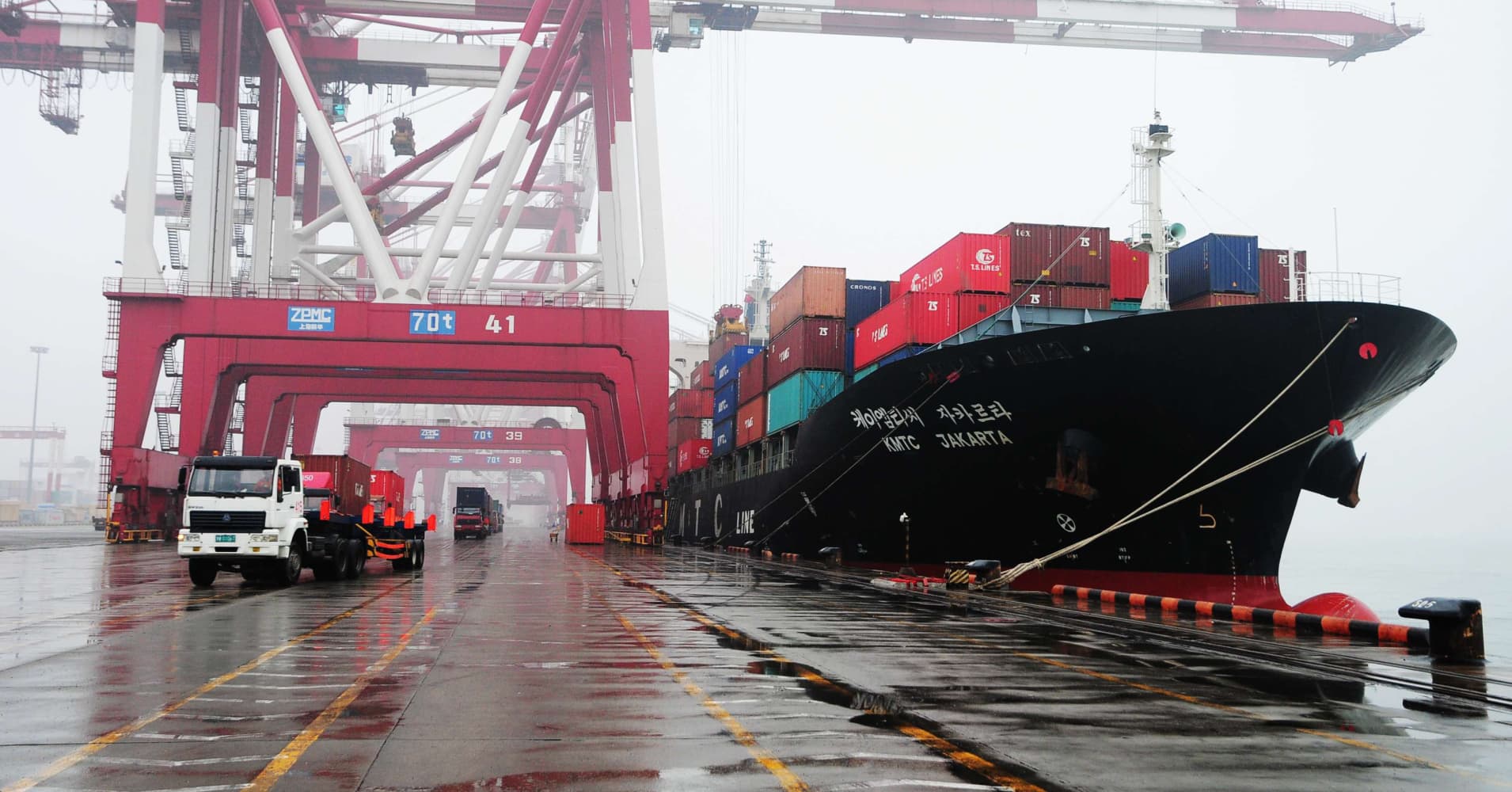China has said it will temporarily halt its additional 25 percent tariff on vehicles made in the United States.
The relief will last for three months staring from January 1, as part of an agreed truce between Beijing and Washington.
The Chinese finance ministry said on its website that China will suspend 25 percent tariffs on 144 vehicles and auto parts originating from the U.S. and 5 percent tariffs on an additional 67 auto items.
President Donald Trump and President Xi Jinping agreed to lessen the impact of trade tariffs for the first 90 days of 2019, following a dinner in Argentina on December 1.
The U.S. has slapped a 25 percent tariff on finished vehicles built in China and 10 percent on most auto parts. China's 40 percent tariff on U.S. car imports will now reduce to 15 percent for 90 days.
That brings the auto tariffs in China back down to the same level as before the point that the two countries began imposing tit-for-tat levies.
In a note released Thursday, auto analysts at the Swiss bank UBS said trade risks continue to linger and that under their worst scenario, U.S. sales could slump by as much as 12 percent.
But UBS highlighted Ford, General Motors and Fiat Chrysler as potential winners should tariffs prohibit imports, as all three have capacity to boost domestic production.
Meanwhile, auto sales in China fell 14 percent in November over the same month in 2017, the Chinese Association of Automobile Manufacturers said Tuesday.
That slowdown, while partly blamed on the trade war, is also reflective of Chinese domestic demand losing steam.
And Anna-Marie Baisden, head of autos research at Fitch Solutions told CNBC on Friday that getting a tariff deal in place may not spark fresh demand.
"Lowering tariffs might not actually make a big difference because the Chinese market is slowing anyway so even domestic brands are suffering," she said via email.


